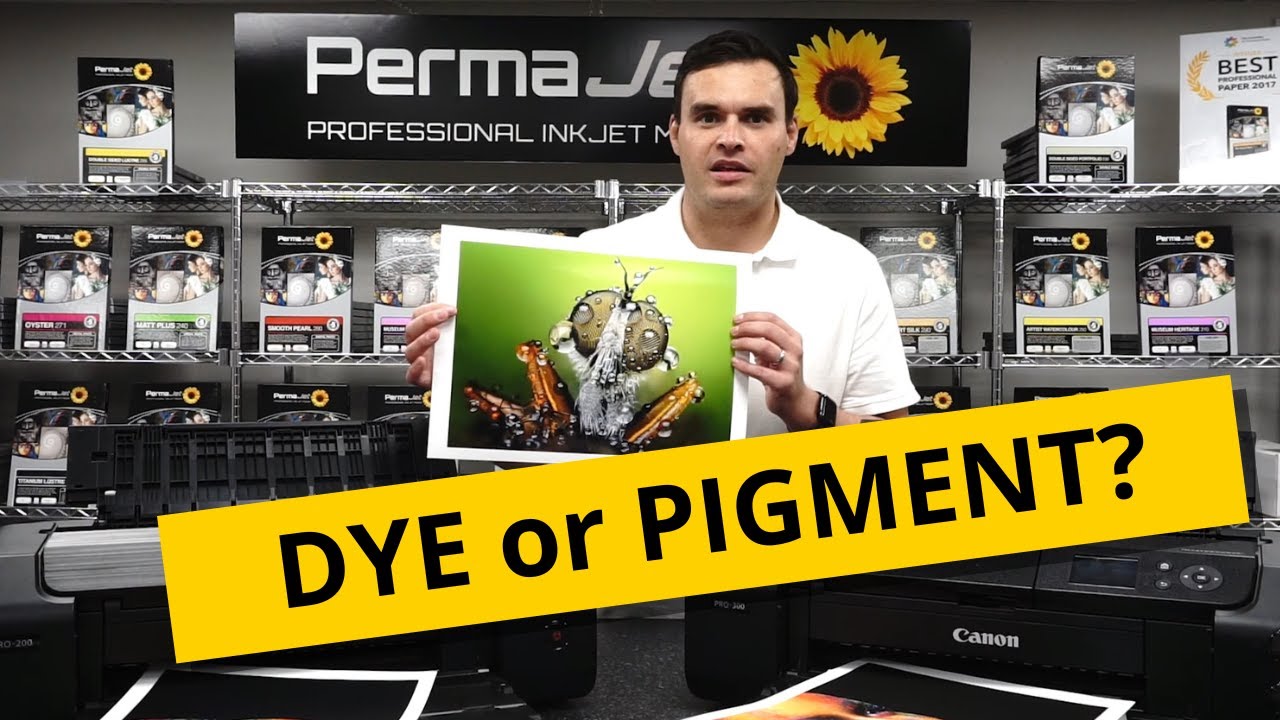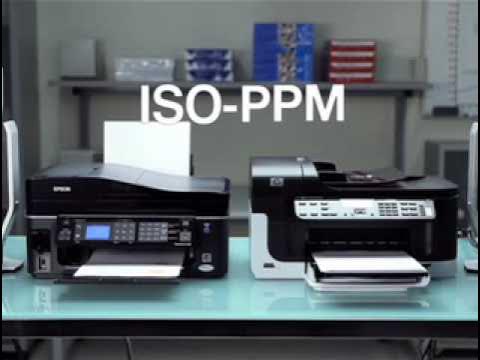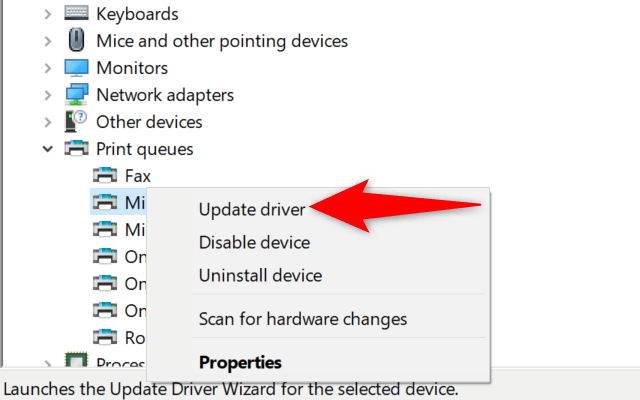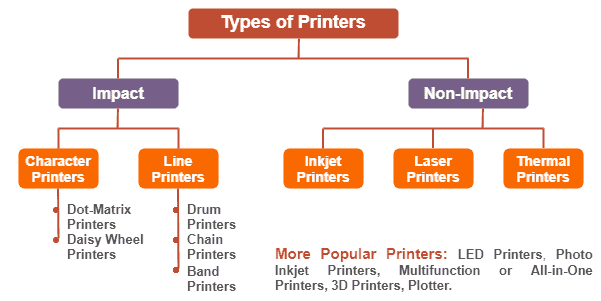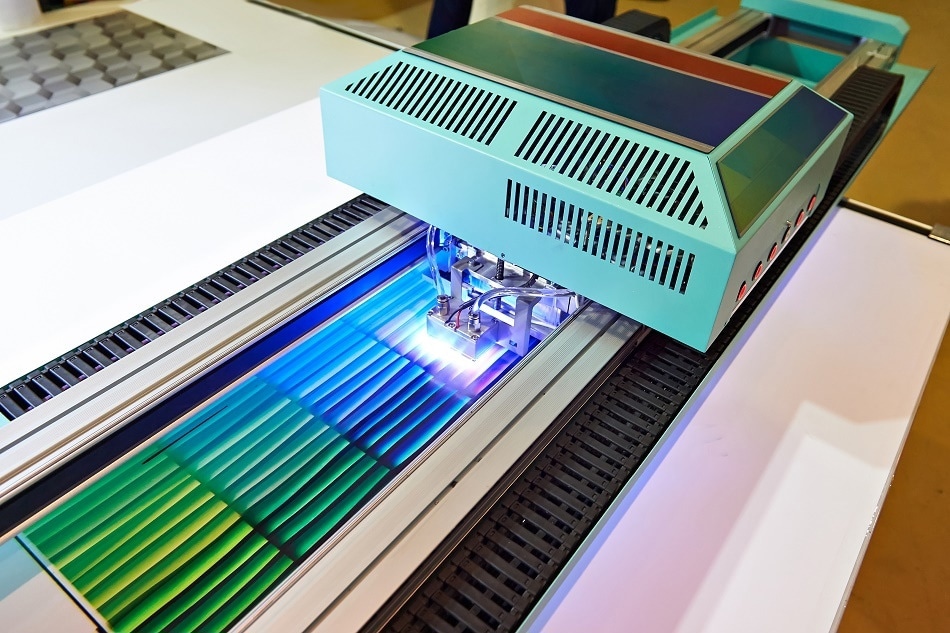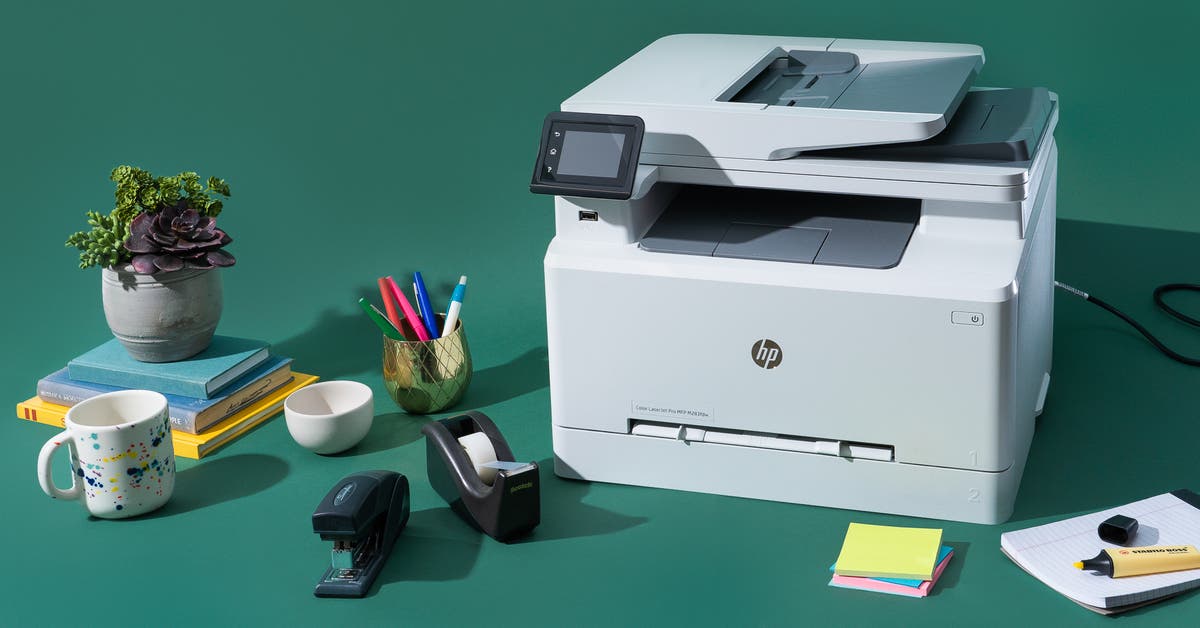The Ultimate Guide: What Detergent to Use for Baby Clothes
Introduction
Choosing a suitable detergent for your baby's clothes can be challenging due to the variety of options available in the market. This guide aims to help you understand why it is necessary to go the extra mile in picking a detergent designed for baby clothes, the differences between regular and baby-safe detergents, and what constitutes a good baby-safe detergent. Plus, you'll get insights into some of the best ones available.
What Makes Baby Skin Unique and Why Use Special Detergent?
Despite appearing similar, there's a world of difference between a baby's skin and an adult's. Baby skin, with its soft and delicate texture, requires specific, gentle care. Here's why:
• Delicacy: A baby's skin is thinner and more delicate compared to that of adults. This fact amplifies the need for mild, non-abrasive detergents.
• Porous Nature: Higher porosity means increased absorption levels, making the baby's skin more susceptible to harm from harsh chemicals in regular detergents.
• Prone to Irritation: With an immature skin barrier function, baby skin is more inclined to dryness and irritation. Detergents laced with synthetic fragrances, colors, or preservatives can trigger such uncomfortable reactions.
• Skin Sensitivity: Babies are more likely to have allergic reactions. It is because their immune system, like their skin, is also in the developing stage.
Due to these specific characteristics, using special baby-oriented detergent becomes essential. Hypoallergenic, fragrance-free, and devoid of any harsh chemicals, these kinds of detergents ensure your baby's comfort and safety, keeping unpleasant rashes and allergies at bay. After all, their skin deserves the best care, just like they do.
Regular vs Baby-Safe Detergent: What’s the Difference?
A clear differentiation between regular and baby-safe detergents is essential, especially for new parents. Here's a comparative overview of the key differences:
1. Effectiveness: Regular detergents are generally more potent in removing persistent stains. This strength signifies higher chemical content, which might not agree with a baby's sensitive skin. Baby-safe detergents, on the contrary, prioritize mildness over potency and are gentle on baby clothes and their skin.
2. Chemical Content: Regular detergents comprise various harsh elements like dyes, chlorine, phosphates, and optical brighteners. However, baby-safe detergents take a much softer approach. They are typically free from these potential irritants, making them more skin-friendly for infants.
3. Fragrance: Regular detergents usually come with a strong, lingering smell, thanks to the added scented agents. Baby-safe detergents adopt a different strategy. They are either unscented or have a very mild fragrance, which reduces the risk of any potential skin irritation caused by strong scents.
To summarize:
- Regular Detergent:
- Better stain removal
- Contains potentially irritating chemicals
- Strong fragrance
- Baby-Safe Detergent:
- Gentle cleaning action
- Typically free from harsh chemicals
- Fragrance-free or lightly scented
While deciding between the two may boil down to personal preference, it's essential to consider the baby’s comfort and sensitivity. Thus, choosing a baby-safe detergent is generally the safer and wiser option.
How to Choose the Right Detergent for Baby Clothes: Essential Features to Consider
Ascertaining the most fitting detergent for your baby's apparel warrants careful evaluation of several defining attributes. Familiarizing yourself with these key features helps tailor your selection to your baby's specific needs, ensuring not only cleanliness but also safety and comfort. Here's what you should lookout for:
1. Hypoallergenic: This is a critical characteristic to look for when shopping for baby detergents. Hypoallergenic chemicals are unlikely to cause an allergic reaction, offering a safeguard for your little one's delicate skin.
2. Free from harsh chemicals: The baby’s skin could potentially react to harsh chemicals like phthalates and parabens. Therefore, choosing a product devoid of such harmful substances is of paramount importance.
3. Fragrance considerations: Although a pleasant-smelling detergent might appeal to your senses, it isn't necessarily the best option for your baby. Detergents with heavy fragrances may irritate the baby's skin, thus opting for fragrance-free or lightly scented alternatives is advisable.
4. Effective cleaning power: You don't have to compromise on cleanliness while protecting your baby's skin. Many baby-friendly detergents use plant-based ingredients and other gentle compounds to tackle dirt and stains effectively.
In conclusion, the selection process may seem daunting initially. However, being cognizant of these features will guide you in choosing a product that aligns with the needs of your bundle of joy while ensuring the cleanliness of their clothes.
Top Picks: The Best Detergents for Baby Clothes on the Market
Navigating the plethora of baby-friendly detergents available can be an arduous task. To simplify the task, here are trusted options that stand above the rest for their hypoallergenic properties, safe formulations, and effective cleansing:
1. 'Dreft Stage 1: Newborn Liquid Detergent': This hypoallergenic detergent is tailored explicitly for newborns. Its claim to fame includes:
- Pro: Specifically designed for the delicate skin of newborns, reducing potential irritation.
- Con: Higher price point compared to some other brands.
2. 'Babyganics 3X Baby Laundry Detergent': This one has made a name for itself due to its three-times concentrated formula. Key points to note are:
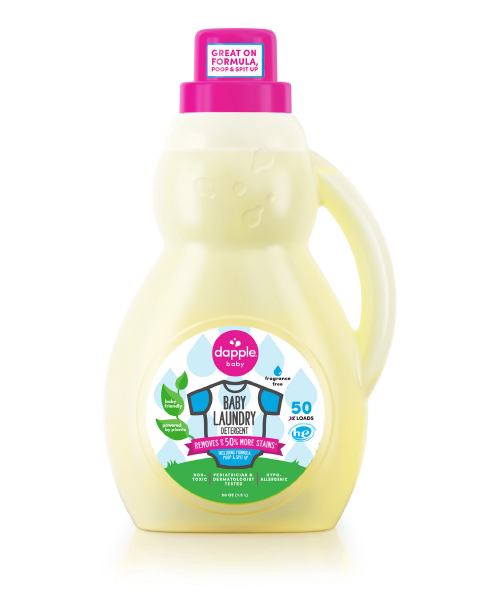
- Pro: It harnesses the power of plant-based ingredients, making it eco-friendly and safe.
- Con: Despite being plant-based, some rare instances of sensitivity reactions have been noted, indicating it may not suit all babies.
3. 'Purex Liquid Laundry Detergent for Baby': Matching gentle care with hardworking cleaning action, it's a worthy contender. Its pros and cons include:
- Pro: It is both gentle on the baby's skin and effective in removing common baby stains.
- Con: It has a mild fragrance, which, while pleasing to some, might not be suitable for those who prefer a completely scent-free option.
While these are some of the best picks on the market, it's vital to remember that all babies are different, and what works great for one might not necessarily be the best option for another. Consider factors like your baby's sensitivity level and any allergies they may have while making your choice. Iterative testing and evaluation might be required to find the perfect fit for your baby.
The Nitty-Gritty of Washing Baby Clothes: Do’s and Don’ts
When it comes to cleaning your little one's delicate attire, there are certain protocols to bear in mind to ensure optimal results and utmost safety for the baby's skin. Here's a breakdown of the golden rules of washing baby clothes:
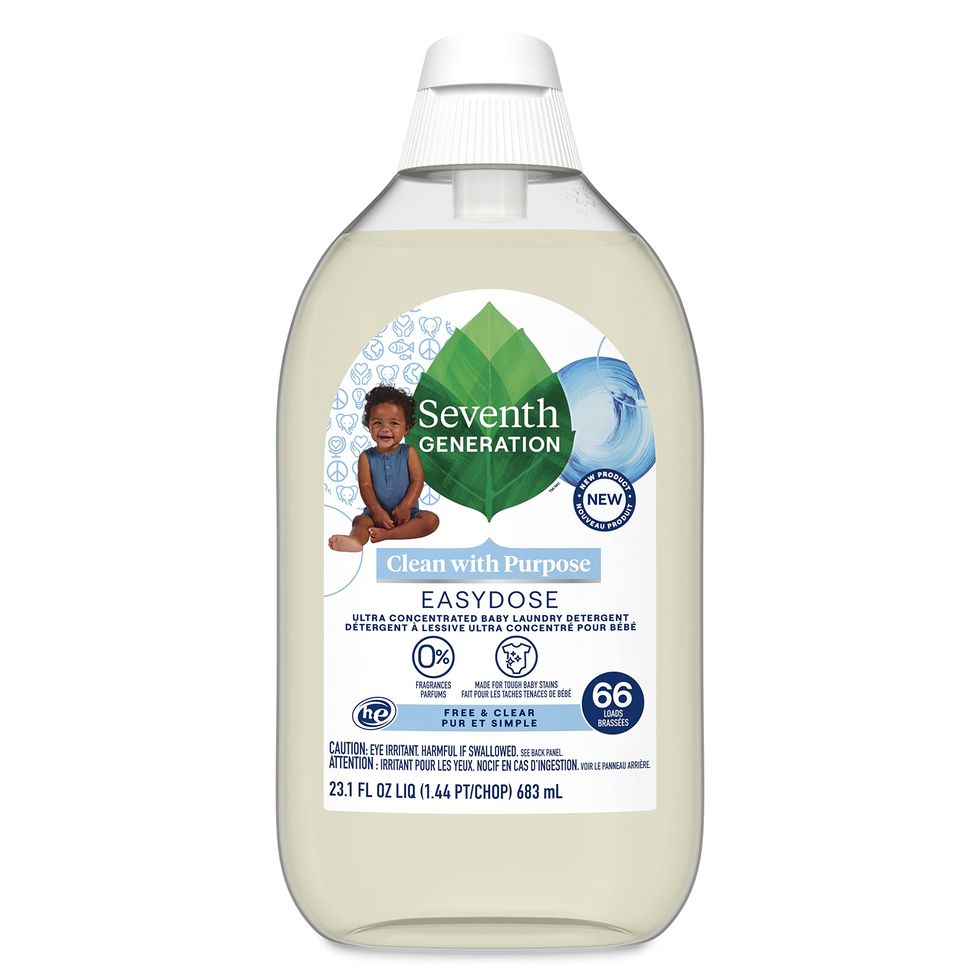
Do's:
1. Scrutinize Care Labels: Always make it a point to read the care labels on each garment before washing. These instructions guide you on the manufacturer's recommended cleaning methods for durability and effectiveness.
2. Double Rinse: Considering the sensitivity of the baby's skin, it's advisable to rinse the clothes twice. This ensures complete removal of any potential detergent residues which could irritate the baby's skin.
Don'ts:
1. Avoid Fabric Softeners: Contrary to what you might think, fabric softeners are not always beneficial. They can drastically reduce the effectiveness of certain outfits, notably sleepwear. Furthermore, they often contain perfumes and chemicals that can be harsh on the baby's skin.
2. Say No to High Heat Drying: High temperatures in the dryer can cause baby clothes to shrink. Therefore, it's best to dry these garments at low heat. Alternatively, air drying baby clothes is an excellent option to preserve their size and integrity.
By following these fundamental do's and don'ts, you can efficiently launder baby clothes ensuring they are clean, safe, and comfortable for your little bundle of joy.
Conclusion
Choosing the right detergent for your baby's clothes can great contribute to their comfort and safety. By considering all factors mentioned in this guide, and picking from the highlighted top detergents, you can ensure your little one's clothes are clean and safe for their skin.
Related FAQs about what detergent to use for baby clothes
Why is it necessary to use specialized baby detergents?
Specialized baby detergents are free from harsh chemicals, fragrances, and dyes that can irritate a baby's sensitive skin. They are specifically designed to tackle stains associated with baby clothing while being gentle on fabric and skin, reducing the risk of skin irritations and allergies.
What ingredients should I avoid in baby clothes detergents?
Avoid detergents containing ingredients like phthalates, sulfates, chlorine, artificial dye, bleach, and fragrance. These substances can potentially irritate and cause allergic reactions on a baby's exceedingly sensitive skin.
When can I start using regular detergent for my baby's clothes?
Typically, it is advisable to use baby detergents for at least the first year. However, this timeline might vary depending on your child’s skin sensitivity. If your baby has no skin sensitivities or allergies, then you could consider transitioning to milder regular detergents gradually.

